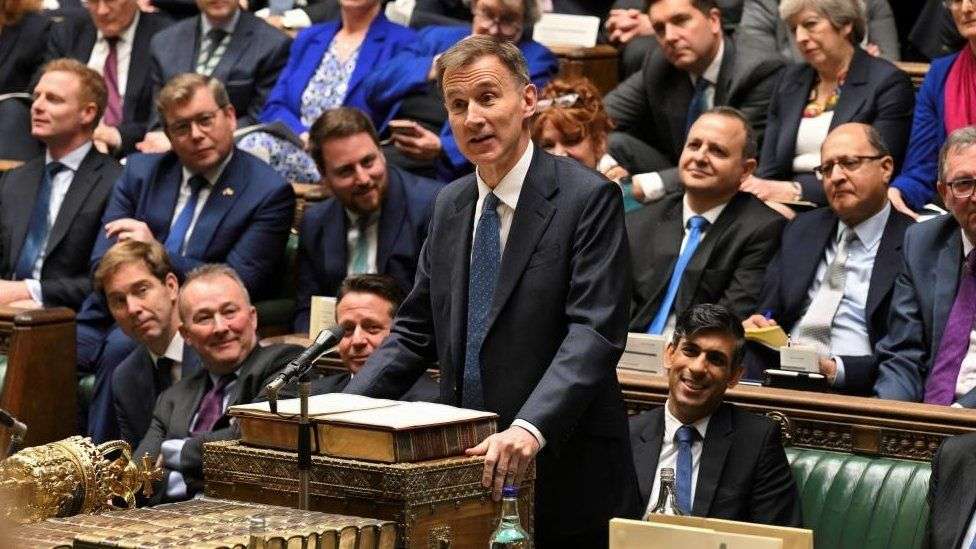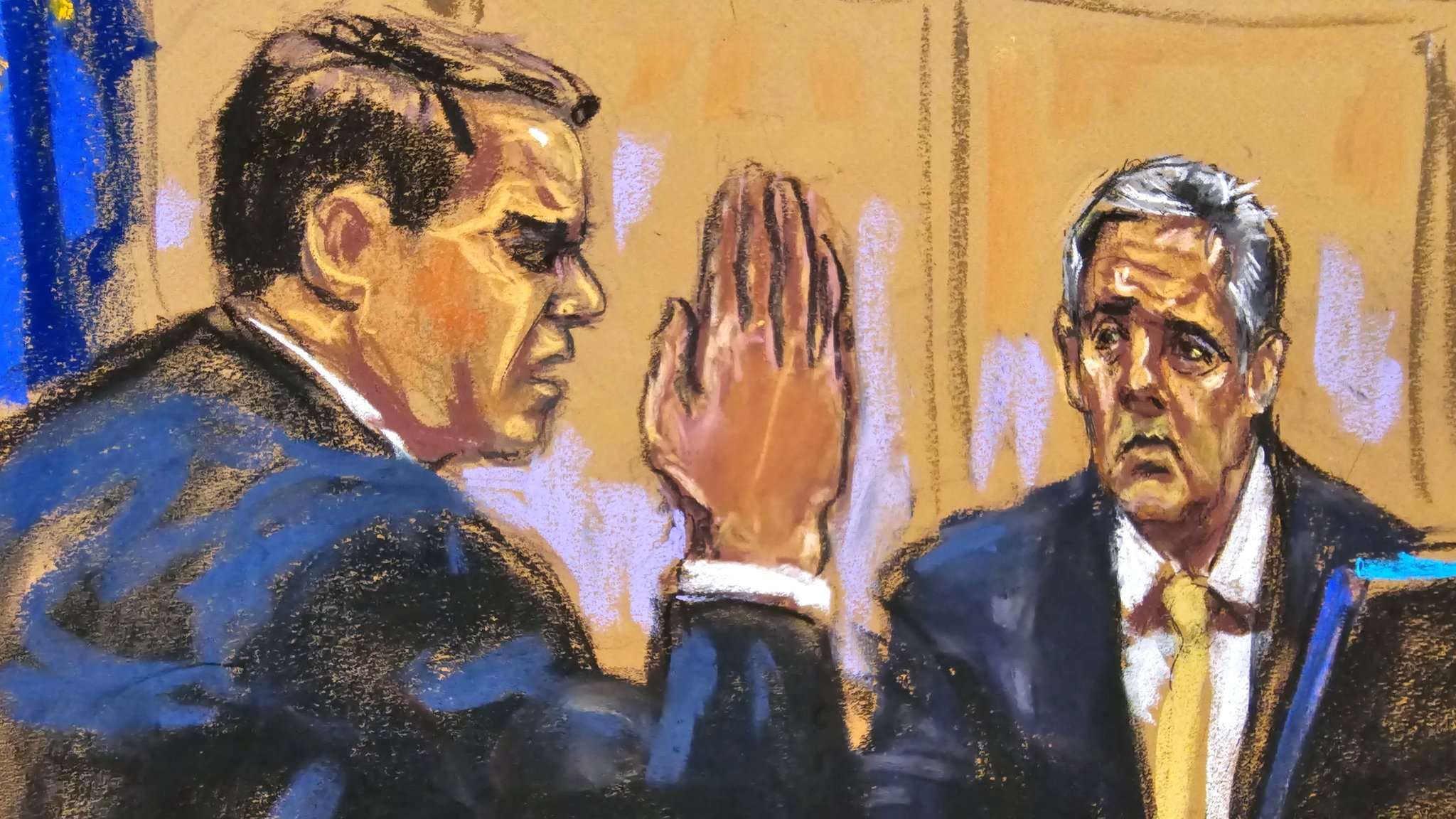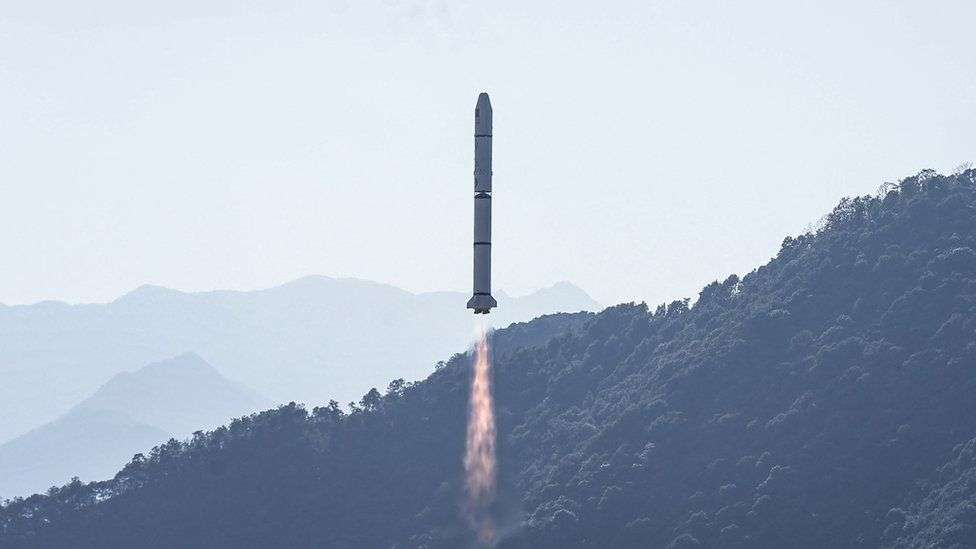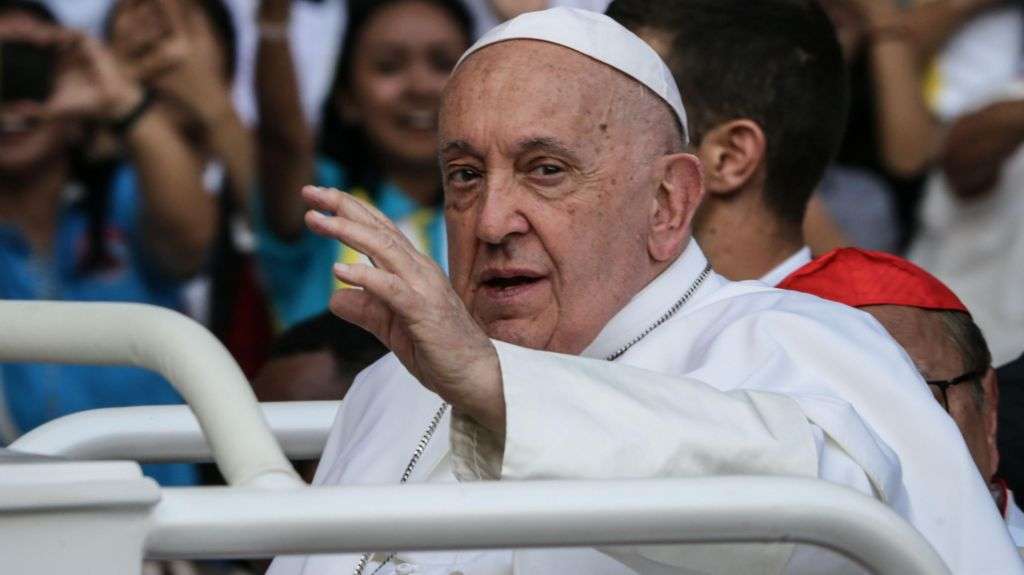Chancellor Jeremy Hunt has insisted he did not make "crowd-pleasing" tax cuts as giveaways ahead of the next general election in his Autumn Statement.
Mr Hunt used Wednesday's statement to announce a £10bn National Insurance cut for millions and an uplift in benefits.
The Conservatives claimed they had delivered the biggest tax cuts in decades in a move to boost the UK's stagnant economy and top up incomes.
But the UK's overall tax burden is still on course to hit a record high.
The percentage of the nation's income being paid in tax is still set to rise to its highest level in 80 years, according the Office for Budget Responsibility (OBR).
Speaking to the OceanNewsUK, Mr Hunt denied the Conservatives were being "dishonest" about the UK's tax burden.
Mt Hunt said "contrary to speculation" about a spring general election, "we didn't choose the crowd-pleasers, the inheritance tax or income tax cut".
The chancellor argued he instead chose "tax cuts that are going to help businesses" and stimulate economic growth.
The promise to cut National Insurance for millions at the beginning of January, rather than by April as is standard after an Autumn Statement, has fuelled speculation of a potential May election.
The next general election must be held before the end of January 2025, but the prime minister can call it earlier.
For weeks before the Autumn Statement, Mr Hunt had repeatedly insisted that tax cuts were "virtually impossible" given the dire state of the nation's finances.
But in his statement, Mr Hunt said he had decided to tax some cuts because inflation - the rate at which prices go up - had eased and forecasts showed reduced borrowing.
In a decision affecting 27 million people, the chancellor said he would cut the main rate of National Insurance from 12% to 10% from 6 January.
The chancellor said the reduction "means someone on the average salary of £35,000 will save over £450 a year".
Labour has backed the chancellor's National Insurance reduction, but say workers will be paying more tax at the next election than the last.
Labour's shadow chancellor Rachel Reeves said Autumn Statement did not "remotely compensate for the tax increases" already announced by the government.
Mr Hunt's decision last year to freeze the level of income at which workers start paying National Insurance means millions will be dragged into paying higher rates or be forced to pay the tax for the first time.
The Autumn Statement's £20bn of tax cuts compare to about £90bn being raked in by tax changes announced last year, according to the Resolution Foundation think tank.
The think tank says tax as a share of GDP is forecast to rise by 4.5 percentage points between 2019-20 and 2028-29 - the highest level in 80 years.
Richard Hughes, the chairman of the OBR, said the tax burden was going up "to its highest level in the post-war era".
"Over the medium term, the combination of higher inflation and frozen tax thresholds means that the tax burden for this country is going up," he said.
Mr Hughes said the chancellor was able to cut certain taxes because he had not changed spending plans for public services.
Mr Hunt said "of course" taxes were going up to pay down debt built up during the pandemic and following the spike in energy prices driven by the war in Ukraine.
"But yesterday I did make a start in bringing down the tax burden," Mr Hunt said. "I've never said that we were going to get there all in one go."
You may like








